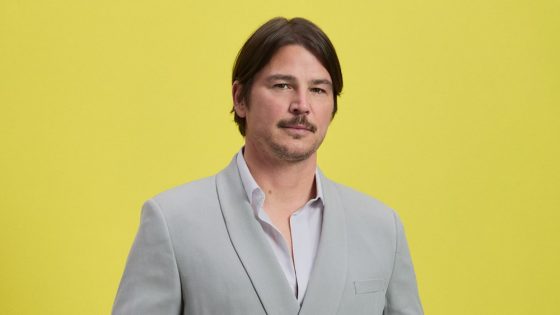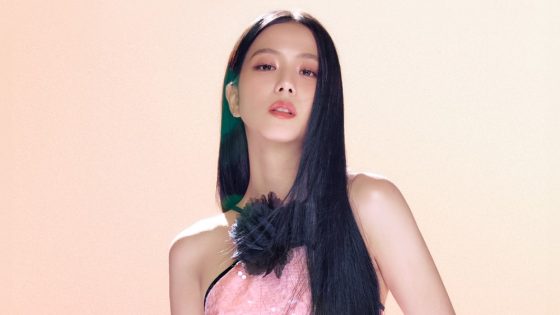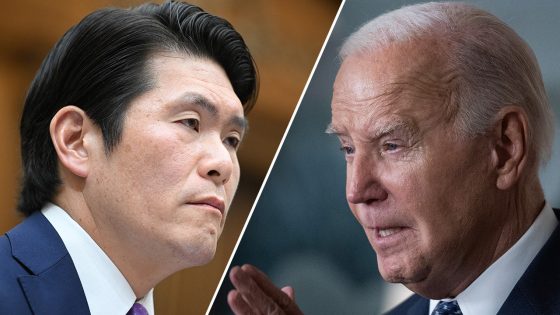Are we in a Josh Hartnett renaissance? The term renaissance means rebirth or revival. But Josh Hartnett has never gone away — not really.
Between 1998 and 2002, Hartnett was a staple in films. It’s not often that someone’s first movies are as memorable as “Halloween H20,” “The Faculty” and “The Virgin Suicides.” Follow that up with “Black Hawk Down,” “O” and “Pearl Harbor,” and it’s hard to think of someone who was busier than he was in such a small amount of time.
He also never stopped working. Hartnett left Hollywood, moving to England with his wife and four children, and became more specific about what types of roles he chose. But he never quit. He just changed his ways.
“I used to be really interested in the effect of the character and what the character meant to me, personally. I wanted to find a specific type of character, when I had choices when I was younger. And then as I got older, I realized, actually, I want to choose things that are way outside of what I understand,” explains Hartnett. “I also don’t really care about what the character is as much as I care about the people that I’m working with. If it’s great people, then it’s my job to figure out what the character is.”
Dan Doperalski for Variety
And he’s worked with a lot of great people. The first he’ll list is Charlie Brooker, the creator of Netflix’s “Black Mirror.” In Season 6, Hartnett was asked to be part of “Beyond the Sea,” the third episode, which was influenced by Charles Manson’s cult. In the many twisted storylines of the 1960s segment, Hartnett’s David — an astronaut who can transfer his mind into a replica body on Earth — must watch as his wife and family are murdered.
Although the actor is always looking for characters with layers and a bit of heaviness — and this one definitely had both — as a father, the experience was particularly difficult.
“We did that for two nights, and it was really horrible. It was horrible to imagine because that’s the only way I can do it. I’m not much of an actor. I have to really put myself in a situation,” he solemnly says, noting he’s grateful for the supportive people on set. “That’s the job. Sometimes you have to go to places you don’t want to go to.”
Afterward, it wasn’t easy to snap out of, either. “I’m not great at getting out of it, especially if it’s hard to get into. It takes about the same amount of kind of effort to come out because I can’t just pick it up and put it down,” he says. “At the same time, I’ve got amazing friends, I’ve got an amazing family, and I have kids and they don’t care what I’ve been doing at work. They need things, so I can’t really bring it out. It’s not an option.”
Ultimately, it’s family that shapes his life — not his roles. That hasn’t always been the case. In 2020, he talked about landing the offer for “Pearl Harbor,” explaining in one interview that if he had turned it down, it would have been out of fear, then saying, “Then it defined me, which means I was right to fear it.”
Now, work is not how he defines himself.
“I love my work and I want to put it out there and I want people to enjoy it. But like me, personally, I don’t feel the way that I did when I was younger, because I was undefined. I was 19, 20, 21 years old,” he says. “So, I was still trying to figure out who I was. Something of that magnitude that everybody knew about and sort of thought of me as the character, had an effect on me that I kicked back against. It was always something that I had to contend with at that age, and I was still trying to figure out what I meant to myself and to people around me. I don’t think that could happen again at the age of 45 — I hope I’ve got a little bit more there there.”

Josh Hartnett plays an astronaut who can transfer his mind to an Earth-bound replica body in “Black Mirror.”
Nick Wall/Netflix
One of his passions is independent films. But that doesn’t mean he turns his nose up to other projects; that was clear when he landed Christopher Nolan’s “Oppenheimer.” He’s quick to name directors Raoul Peck (“Exterminate All the Brutes”), Guy Ritchie (“Operation Fortune”) and M. Night Shyamalan (“Trap”) as helmers he admires.
“I love experimentation in film. And these guys are still at the very top of their game in experimenting in film. I’ve never been anti [mainstream films]; I just was anti-paint by numbers. I want to work with people who are, for lack of a better term, artists,” he explains. “I’ve always been able to do that, luckily, but some of those films were not received by the public the same way that I’d hoped, and they were small.”
He looks back at “The Virgin Suicides,” noting that at first, it wasn’t a monetary success but became a classic — “not a cult classic, a classic,” he points out. “My hope was for all of these films that they would be able to kind of rise to that level. Some of them are better than others, but I think all were worthy swings.”
It has to be worthy if the project is going to take him away from his family. For example, it’d be difficult to do a long-running TV series. He previously led “Penny Dreadful” for three seasons from 2014 to 2016, but since the character was so complex, he feels lucky to have taken it on.
“I would hesitate probably to go back into a full, multi-year series unless it’s really, really good, and it has to be able to evolve,” he says. “There are worse things than something becoming successful, but if it becomes successful and it’s a single environment or the character doesn’t seem to have much room to grow or fall apart, then you’re stuck. I have ADHD. I’ll lose it.”
While Hartnett always loved sci-fi, horror wasn’t always his forte. After “H20,” he was thrown into it, so “Penny Dreadful” made sense. As does his next big movie: M. Night Shyamalan’s “Trap.”
In the trailer, which instantly blew up online after its initial posting, Hartnett is introduced as Cooper, a loving dad bringing his daughter to a pop singer’s massive world tour. While inside, he learns that the event is a set up for the police to catch a serial killer, the Butcher. The twist? Cooper is the Butcher.
Hartnett’s been wild about Shyamalan’s work for years, meeting him at the premiere of “The Village.” When they first Zoomed together for “Trap,” they “instantly hit it off,” the actor says, especially because they like the same sort of mysterious stories. Of course, since that twist was revealed in the trailer and Shyamalan is a master at surprising the audience, there has to be more — but Hartnett is staying tight-lipped.
“The script was just batshit crazy. I was like, ‘YES!’ The character is wonderful,” he says, smiling ear to ear. “I can’t say anything about it, because he’ll kill me. But the characters are all wonderfully complex.”

Dan Doperalski for Variety
Hartnett doesn’t ever read online comments about himself, but he can’t help but get excited when I tell him fan chatter online is already rife with theories. “Really? I wonder what they’re saying. I guess I’ll have to look at it,” he says.
No matter what project Hartnett takes on, his focus is clear: his family. But when he was younger, it was hard not to think about what others thought. And for many years, it was one word: Heartthrob.
“It was never my intention to be a heartthrob,” he says. His intention was to be a serious actor. So that was always his pushback: How do I make people take me seriously? Now, he says, it was “the wrong approach to even acknowledge it.”
Hindsight, as they say, is 20-20.
“I didn’t have the presence of mind to do that because I was so young. It had an effect on me, in which I had to fight against it. I really wanted to be a serious actor. What I didn’t understand is that I was in an amazing position, working with terrific directors on terrific projects,” he says. “For all intents and purposes, it didn’t matter how people viewed me in tabloids or whatever — as long as I was working within the industry. But I was too young to really understand that, to make the differentiation.”
He continues, “To me, the world had seen me as a thing that I didn’t feel like inside. I wanted to rectify that.”
Many actors who started young feel that way, I say, like they should have just leaned into it. For him, it’s even less: “Or just not give a shit.”
Stylist: Jeanne Yang
Source Agencies




